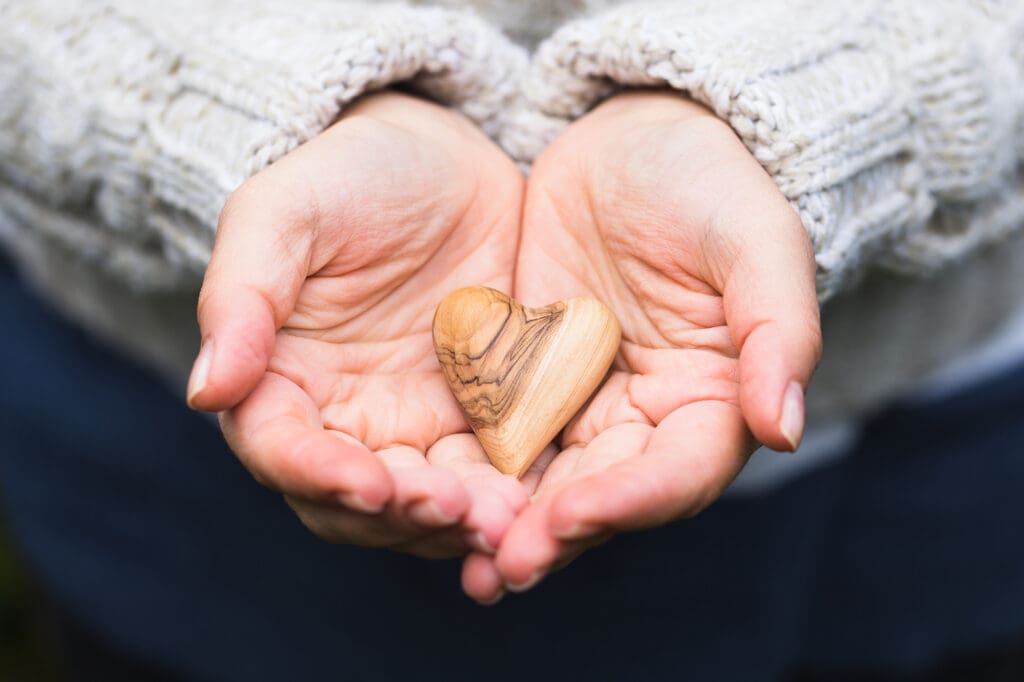
Despite the prevalence of gloom overshadowing light, there exist narratives that exude optimism and fortitude. An example of such a narrative pertains to the survivors of human trafficking who, subsequent to enduring unimaginable adversities, initiate a profound process of recuperation and restoration. It is unquestionably a monumental achievement to free victims of human trafficking; however, this marks only the start of a protracted and turbulent journey towards reclaiming their lives. In this analysis, we shall explore the diverse array of support systems and strategies that play a critical role in fostering the emotional well-being of these survivors and steering them in the direction of a positive and prosperous future.
Offering Immediate Shelter and Security, a Safe Haven
The critical initial phases ensue after the rescue operation. Frequently, survivors emerge from environments rife with abuse, dread, and trauma. Therefore, it is critical to establish a secure environment that provides both protection and essential materials. Shelters and safe houses are of utmost importance in offering a secure setting where survivors can initiate the process of recovery and reconstruction, free from immediate dangers and previous tormentors.
Aspects of Holistic Medicine That Attend to Physical and Psychological Wounds
Constantly visible to survivors are the wounds of physical abuse and neglect. A holistic approach to healthcare, encompassing routine health services, essential medical interventions, and routine examinations, guarantees that survivors reestablish their physical health. Furthermore, it is critical to provide survivors with mental health assistance, such as counseling and therapy, so that they may effectively manage their emotions, process their traumatic experiences, and develop resilience.
Legal Aid: A Guide to the Judicial System
For survivors, navigating the complexities of the legal system can be a daunting task. Ensuring that individuals are furnished with legal aid and representation permits them to pursue retribution against traffickers while avoiding a sense of being inundated. Legal advocates fulfill an essential function by providing guidance to survivors throughout legal proceedings, safeguarding their rights, and delivering essential support throughout trials and hearings.
The Role of Vocational and Educational Training in Constructing a New Future
Vocational training and education emerge as potent instruments for empowering survivors. Personalized educational initiatives and vocational training not only impart vital competencies to survivors but also bolster their self-assurance and sense of worth. These initiatives facilitate the attainment of economic autonomy and provide access to novel prospects and professional trajectories.
Community Integration: Promoting Social Cohesion and a Sense of Belonging
Community and a sense of belonging are fundamental to the rehabilitation process. Social activities, community programs, and support organizations have the potential to facilitate connections, alleviate sentiments of isolation, and enable survivors to construct networks of assistance. Community involvement facilitates cultural and social integration, which aids survivors in finding a place in society.
Persistent Assistance: An Eternal Dedication to the Welfare of Survivors
The path to recovery is not linear. It is critical to provide survivors with ongoing encouragement, support, and follow-up to prevent them from feeling abandoned or alone on their journey. The involvement of committed case workers, mentors, and support networks is crucial in delivering continuous guidance, confronting obstacles, and commemorating significant accomplishments and milestones.
In summary, the process of recuperation for survivors of human trafficking is characterized by obstacles, tenacity, and tremendous bravery. A multifaceted, empathetic strategy is necessary that places the survivors’ well-being, dignity, and aspirations at the forefront. By means of collaborative endeavors and steadfast backing, we have the capacity to serve as illuminating beacons that direct survivors from the obscurity of their past into a future replete with optimism, potential, and revitalized vitality.


